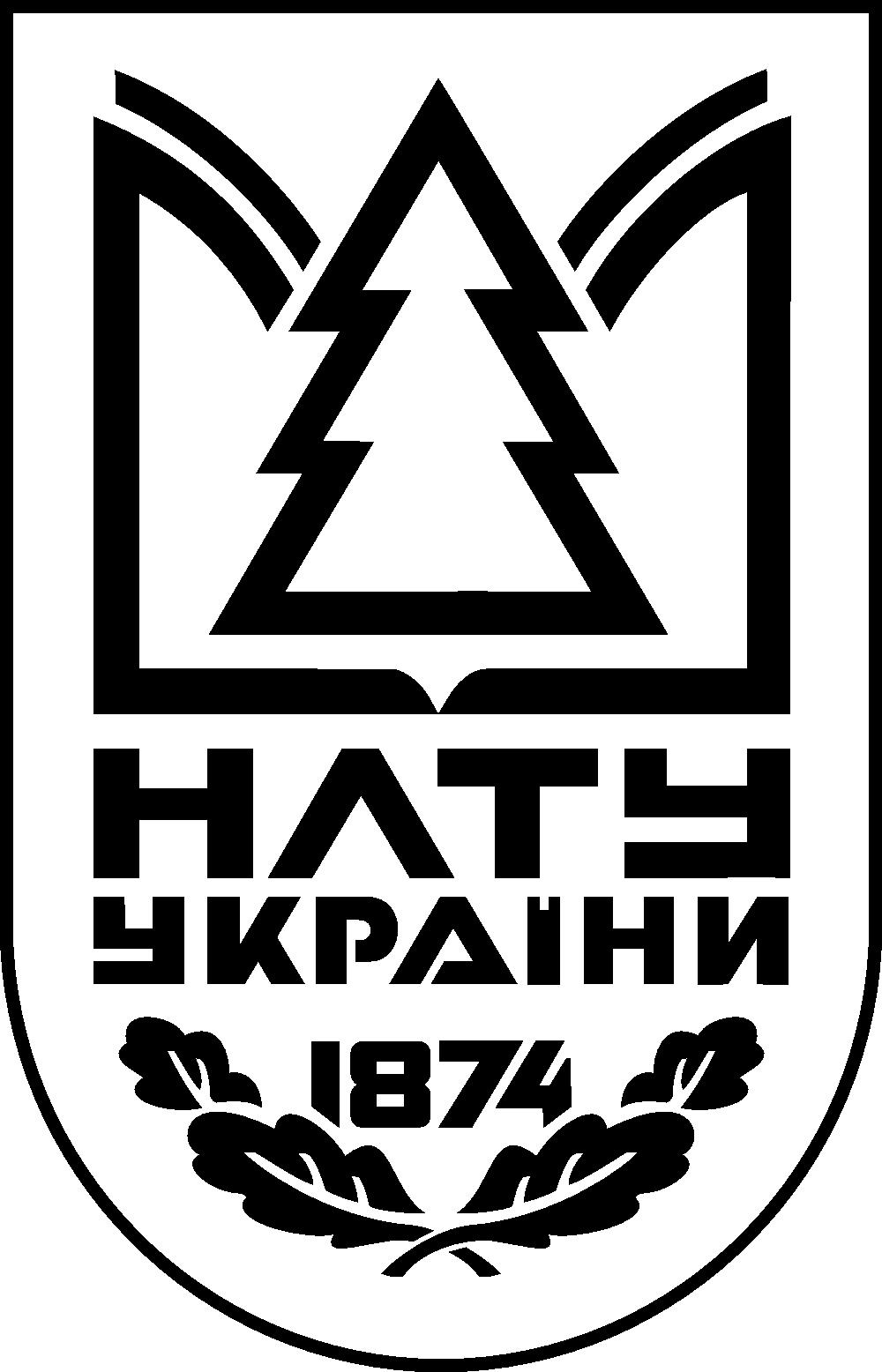
International Conference
BUILDING
INSIGHTS OF MANAGERIAL ECONOMICS AND ACCOUNTING TOWARDS SUSTAINABLE FOREST
MANAGEMENT
Ukrainian National Forestry
University, Lviv, Ukraine
May 17 ¢ 19, 2007
IUFRO Unit 4.05.00 - Managerial Economics and Accounting
IUFRO Unit 4.05.01 - Managerial, social and environmental accounting
IUFRO Unit 4.05.02 - Managerial economics
